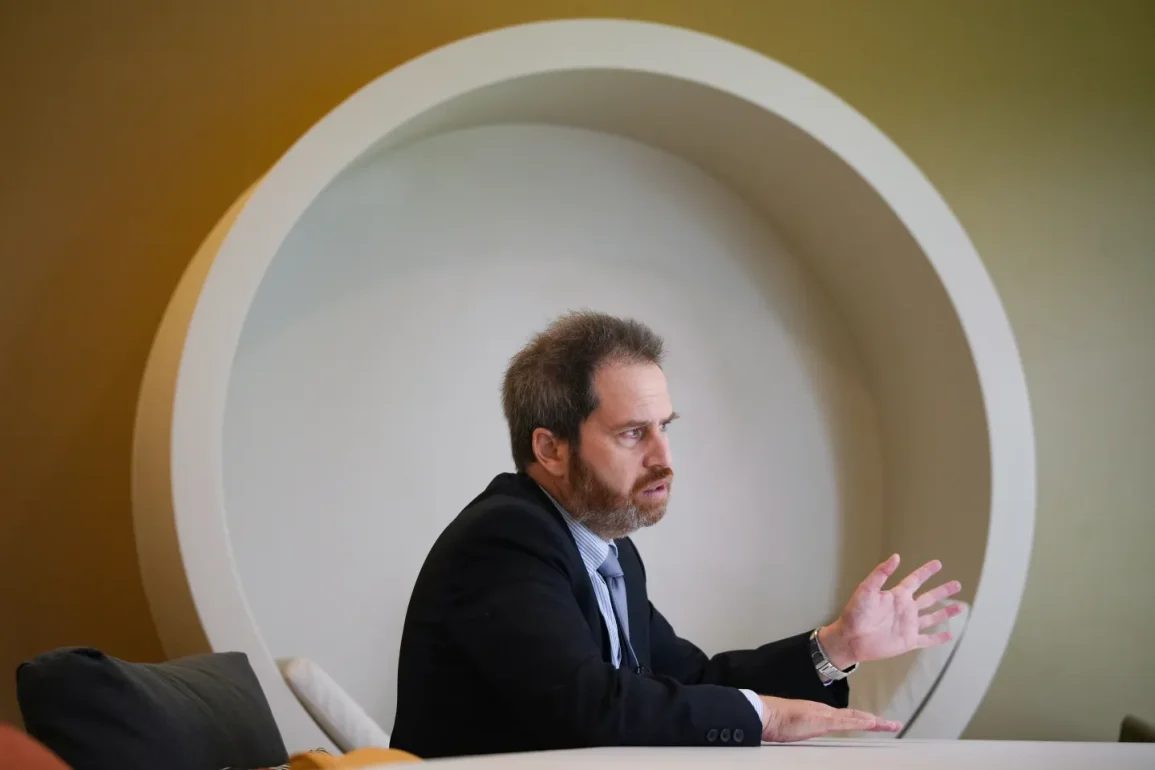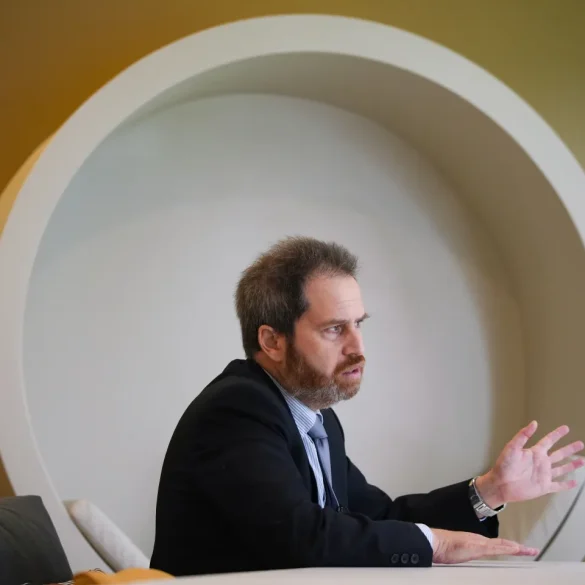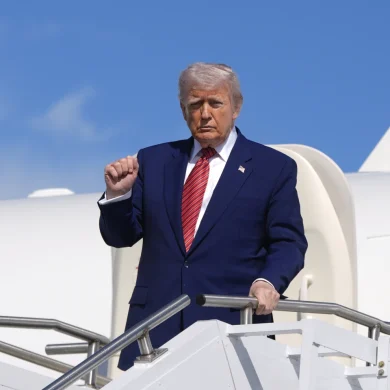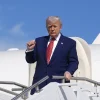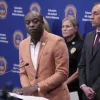Pope Leo XIV made many enemies by helping shut down a strong Catholic group whose leaders abused members in many ways — physically, sexually, spiritually, and emotionally. Now that Leo’s past actions in dealing with clergy abuse are being looked at closely, survivors of the group are speaking up in support of him.
These survivors say that in 2018, when Robert Prevost was a bishop in Peru, he listened to them when others didn’t. He took their claims seriously, involved the Vatican, and worked to provide financial help for what they had suffered.
They give him credit for helping set up an important 2022 meeting with Pope Francis that led to a Vatican investigation of the group, Sodalitium Christianae Vitae, and its shutdown earlier this year.
“What can I say about him? That he listened to me,” said José Rey de Castro, who was a member of the group for 18 years and worked as the personal cook for its leader, Luis Fernando Figari. “It seems obvious for a priest. But that’s not the case, because the Sodalitium was very powerful.”
A conservative army for God
Figari started the Sodalitium in Peru in 1971 as a lay community aiming to form “soldiers for God.” It was one of several Catholic groups created as a conservative response to the rise of left-leaning liberation theology in Latin America during the 1960s. At its peak, the group had about 1,000 core members and more in three other branches across South America and the U.S. It was very influential in Peru and had its U.S. headquarters in Denver.
In 2000, reports of Figari’s harmful behavior began appearing in Peru when a former member wrote a series of articles in the magazine Gente. In 2011, a formal complaint was made to the Lima archdiocese, but action was delayed until 2015, when former member Pedro Salinas and journalist Paola Ugaz published their book Half Monks, Half Soldiers, exposing the group.
In 2017, the group’s new leaders ordered a report which described Figari as “narcissistic, paranoid, demeaning, vulgar, vindictive, manipulative, racist, sexist, elitist and obsessed with sexual issues and the sexual orientation of SCV members.” The report found that he sexually assaulted recruits and forced them to touch each other and him, enjoyed seeing them in pain, and publicly humiliated them to keep control.
Those who found the strength to leave and speak out said they were often ignored by the Peruvian Church and the Vatican, which had once approved the group under Pope John Paul II. The Vatican had supported wealthy, conservative Catholic groups in Latin America, including the disgraced Legion of Christ in Mexico.
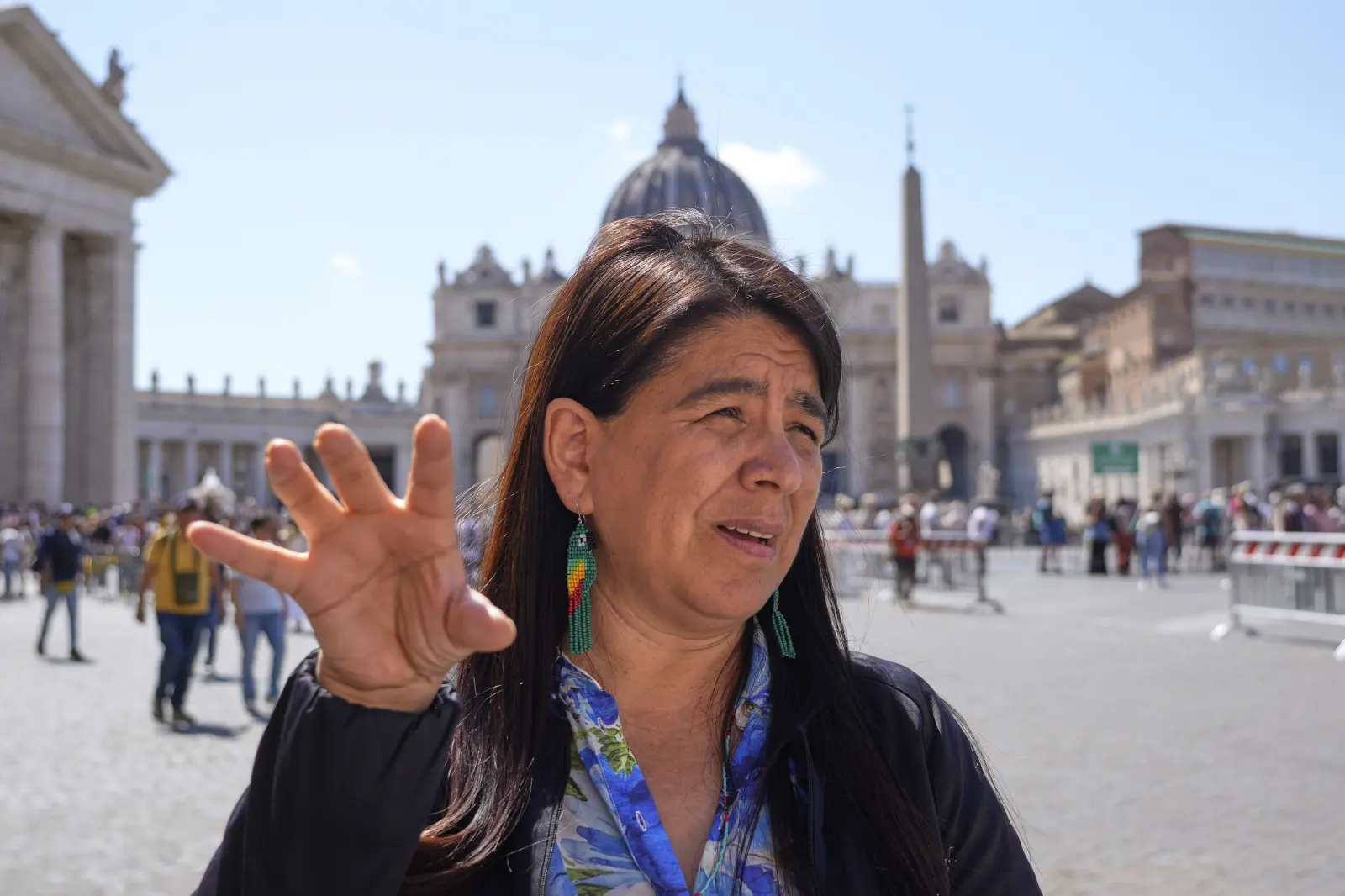
Prevost stands out
But Prevost was different. Pope Francis appointed him bishop of Chiclayo, Peru in 2014. Later, he became vice president of the Peruvian bishops conference and led a group meant to listen to abuse survivors. Victims say he became a crucial link between them and the Sodalitium.
Rey de Castro, the former cook who left the group in 2014 and now teaches public policy, met Prevost in 2021. He had criticized the group’s 2016 reparations program, which had provided about $6.5 million in various support to nearly 100 victims.
They met in the Peruvian bishops conference office and stayed in contact through text messages until Prevost became pope.
“Prevost was very clear in saying ‘For me, Sodalitium doesn’t have a charism,’” Rey de Castro said. This church term refers to the spiritual reason for a group’s existence. After meeting in 2021, Prevost helped him reach a confidential settlement with the group.
“For Prevost to get the Sodalitium to do something just was exceptional, which was more or less what happened,” he said in an interview in Lima.
Salinas and Ugaz said Prevost also helped when the group took legal action against them for their reporting. After Archbishop José Eguren of Piura sued Salinas for defamation in 2018, Prevost and the Vatican’s ambassador to Peru supported a public statement from the bishops conference in favor of the journalists.
“It was the first time that anyone had done anything against the Sodalitium publicly,” Ugaz said. “And not only did they make this declaration, but they communicated with Francis, told him what was happening and Francis got mad.”
Ugaz and Salinas have shared years of messages and stories since 2018 showing how seriously Prevost supported the survivors. While not everything worked, he acted at key times.
“I assure you I share your concern and we are looking for the best way to get the letter directly to the pope,” Prevost wrote one victim on Dec. 11, 2018.
“I will continue working so that there is justice for all those who suffered at the hands of Sodalitium,” he wrote another victim on Dec. 23, 2018. “I ask forgiveness for the errors of the church.”
When backlash against Ugaz and Salinas increased, Prevost helped set up a meeting between Ugaz and Pope Francis at the Vatican on Nov. 10, 2022. Ugaz explained her findings, which convinced Francis to send top investigators to Peru.
Their 2023 report revealed physical abuse “including with sadism and violence,” spiritual and psychological control, misuse of authority including spying on Ugaz, and mishandling of church funds. The investigation also found a media campaign some members had used to attack critics.
This led to a series of actions by Francis, starting with Archbishop Eguren’s resignation in April 2024, which Prevost managed. Figari, Eguren, and nine others were expelled, and the group was formally shut down just before Francis died.
The group accepted the closure, asked forgiveness “for the mistreatment and abuse committed within our community,” and expressed regret for the pain caused to the Church.
“With sorrow and obedience, we accept this decision, specifically approved by Pope Francis, which brings our society to an end,” the group said in a statement after the April order.
They did not respond to an email with questions about Prevost’s role.
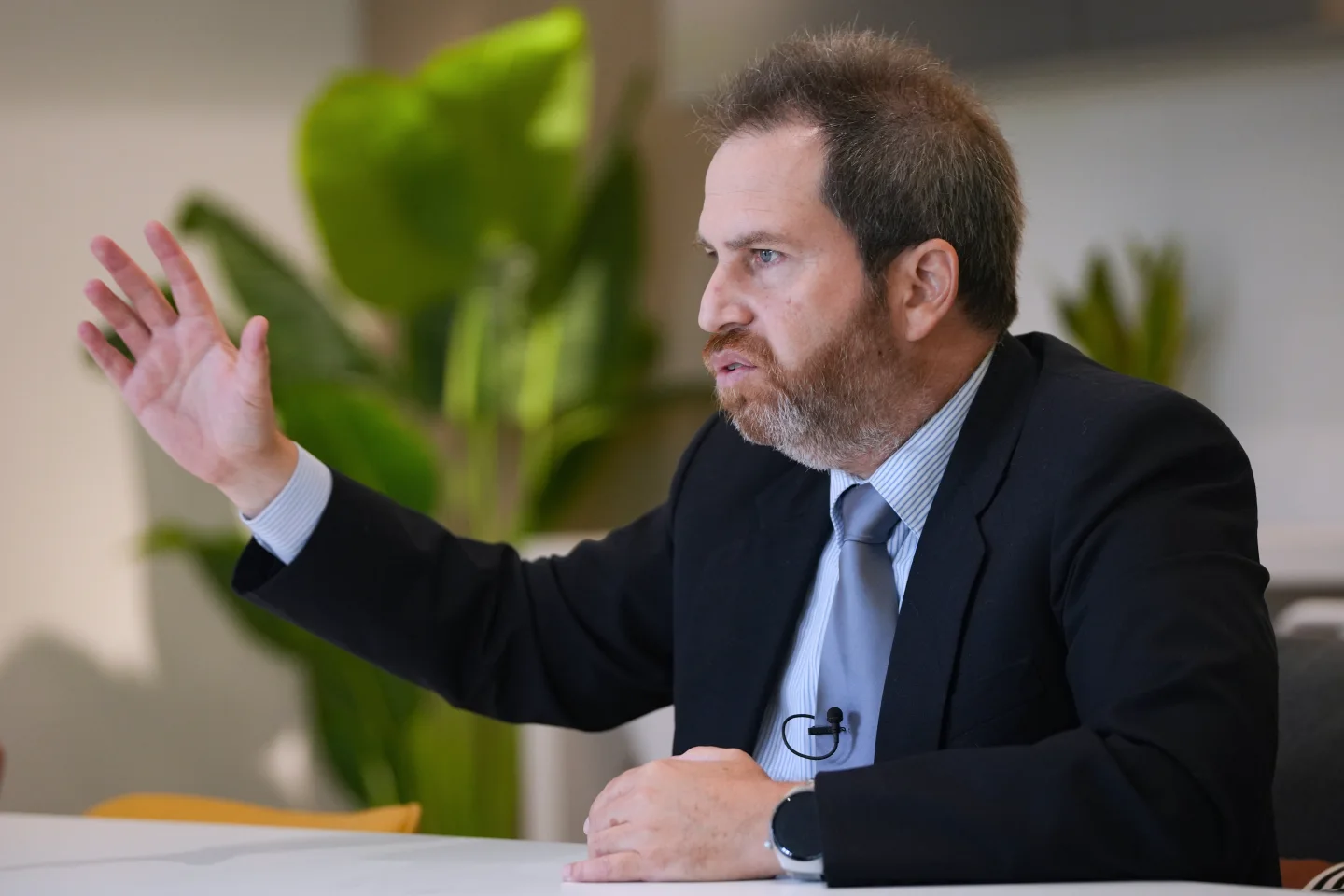
Prevost is now a target
Leo’s handling of abuse cases during his time as an Augustinian leader and bishop in Peru is now under new criticism since becoming pope on May 8. One major issue he faces is how he will deal with clergy abuse, which has harmed many and damaged the Church’s trustworthiness.
That he might have enemies because of his tough stance against the Sodalitium became clear in a recent podcast by Salinas on Peru’s La Mula platform. Salinas spent much of the show reading messages between survivors and Prevost from over the years.
But he also said Prevost is now facing false claims that he covered up abuse. Salinas blamed supporters of the Sodalitium for trying to ruin the new pope’s image.
One case in question involves allegations made in 2022 by three sisters against a priest in Chiclayo. The Vatican and the diocese say Prevost followed all the correct steps, including limiting the priest’s work, sending the case for review, offering counseling to the victims, and telling them to contact local authorities. The case was closed by Peruvian authorities because it was too old.
Nine days after that, Prevost was chosen to lead the Vatican’s bishops office and left his diocese.
The Vatican closed the case for lack of proof, but it was reopened in 2023 after it received more public attention. Survivor groups now want answers from Pope Leo.
Salinas, Ugaz, and some Vatican insiders believe the renewed attention was driven by the Sodalitium’s allies. They point out that the victims’ lawyer is a former priest who opposed Prevost and was later removed from the clergy and banned from acting as a Church lawyer in Peru.
“So, when I read about Prevost’s ‘alleged cover-ups,’ something doesn’t add up,” Salinas told AP.
Rocío Figueroa, another victim who is now a theologian in New Zealand, agreed.
“It is very strange if someone is so strong and honest to do like that with victims of Sodalitium and not do it with other victims,” she said.
Anne Barrett-Doyle of BishopAccountability.org said even if Prevost is being targeted unfairly, it doesn’t mean he handled the Chiclayo case correctly.
“Both things could be true: that then-Bishop Prevost acted valiantly on behalf of the victims of the Sodalitium and that he didn’t do nearly enough to investigate the allegations in Chiclayo,” she said.
At the end of his podcast, Salinas read a WhatsApp message from Oct. 16, 2024, where he warned Prevost about possible revenge.
“I have it very much on my mind,” Prevost replied.

